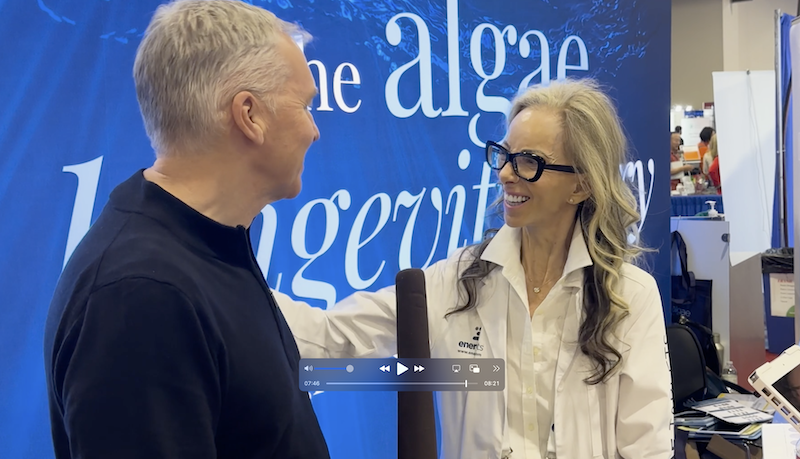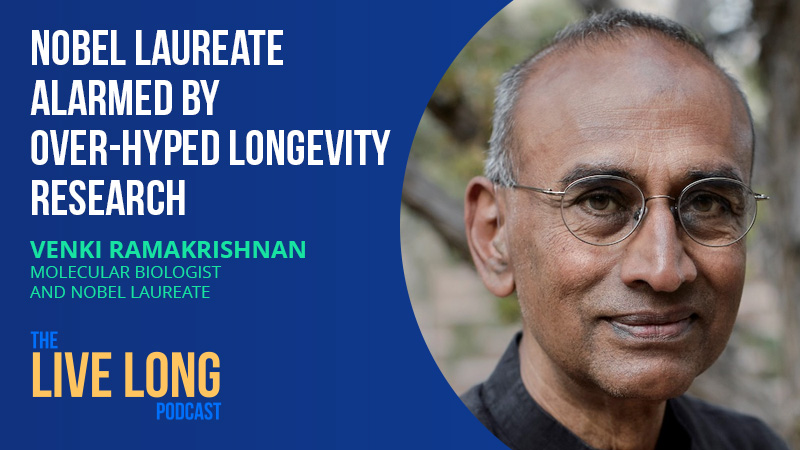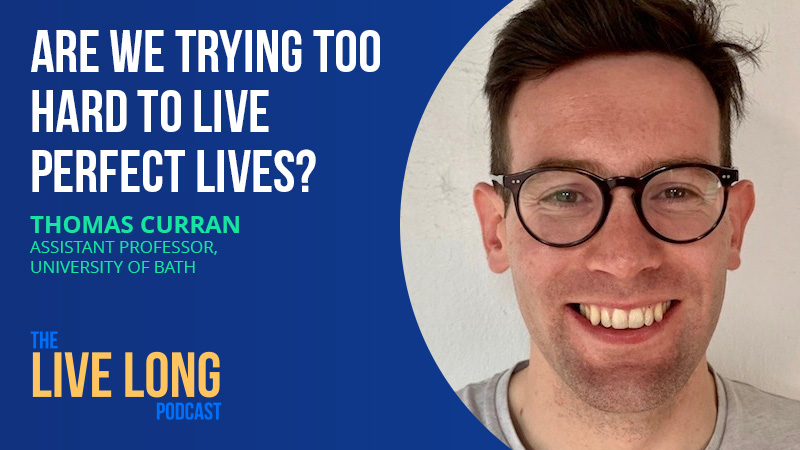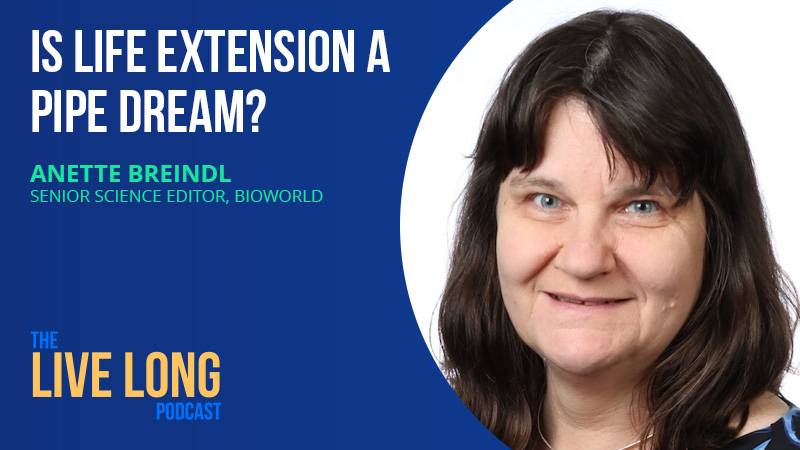Storytelling
for Health Professionals
Hello and welcome
Healthspan Media LLC is a Los Angeles-based production company that specializes in telling stories about human longevity. We work with health professionals and researchers to explain the science and lifestyle interventions that promote healthy aging. Through engaging and informative audio and video content, Peter Bowes curates insights on healthspan — the period of life spent in good health, free from chronic disease — targeting topics such as nutrition, exercise, sleep, social connections and innovative health technologies. Central to our mission is the Live Long podcast – conversations with leading experts, doctors, thought leaders, and wellness advocates about the burgeoning field of longevity science. The goal is to inspire people to embrace healthier, more fulfilling lives, while challenging the conventional narratives of aging.

Services
Telling the stories behind longevity science
Our podcast
The Live Long Podcast: Optimize Healthspan and Master Aging
The latest episode:








